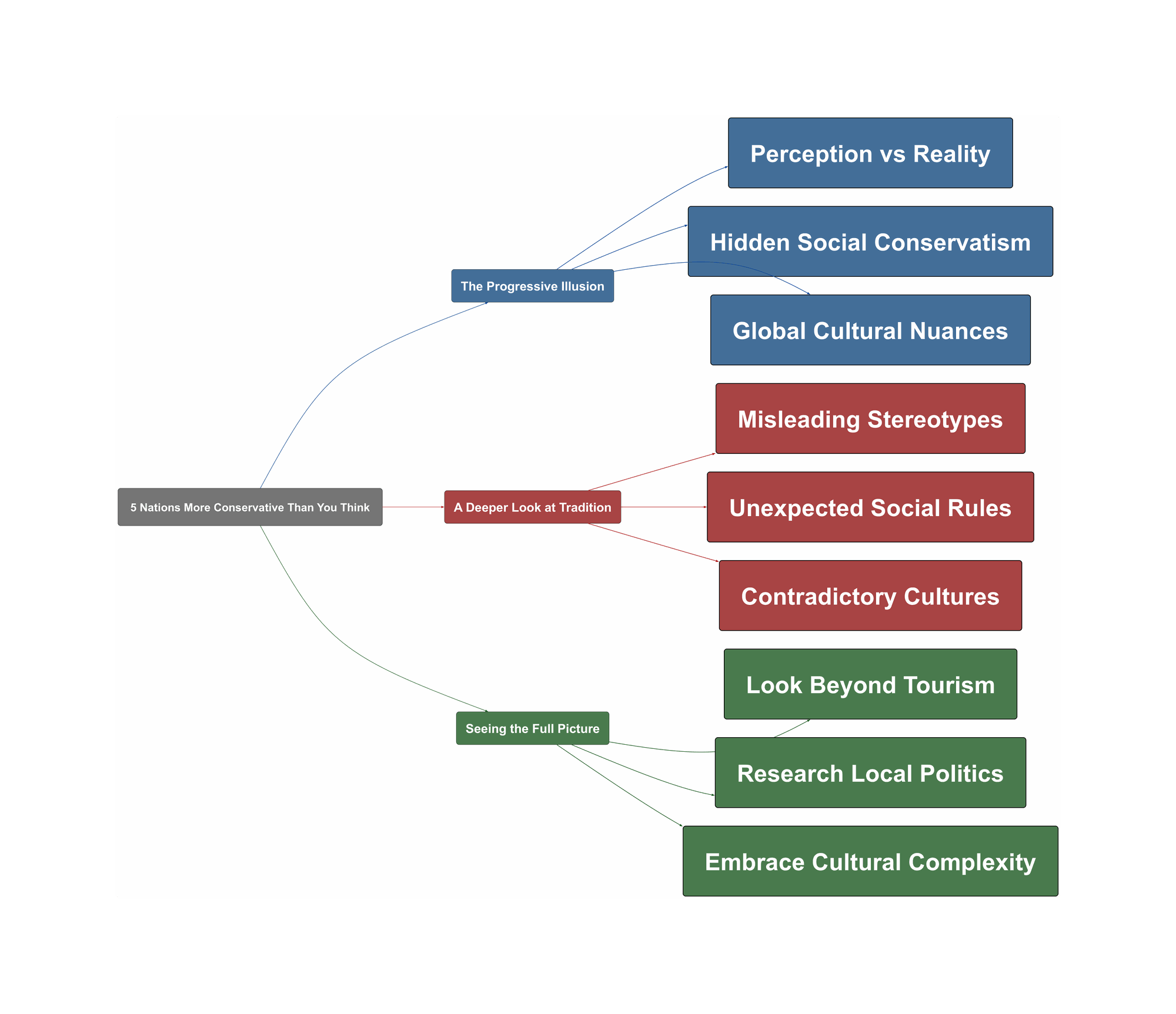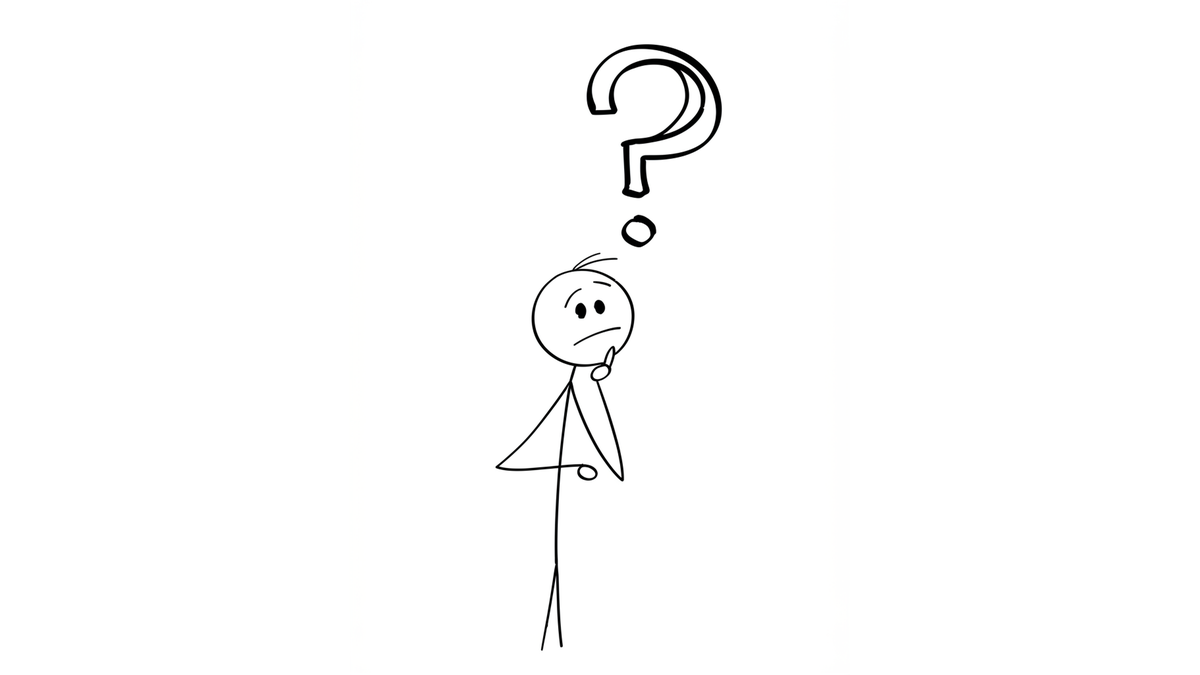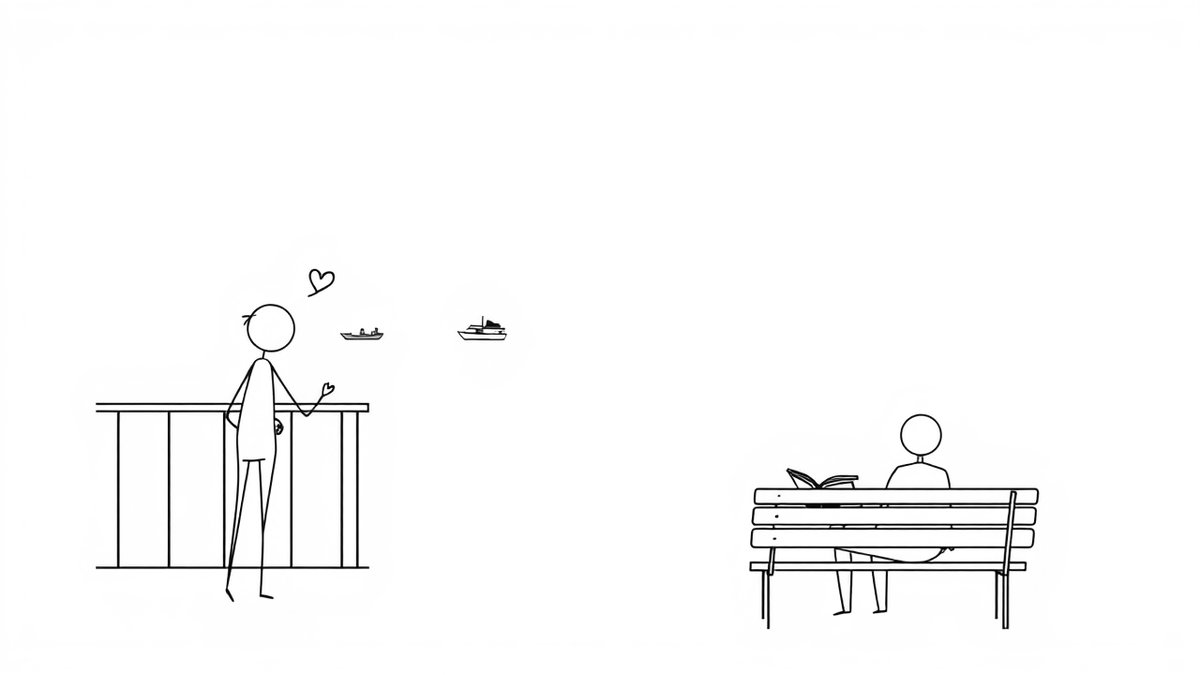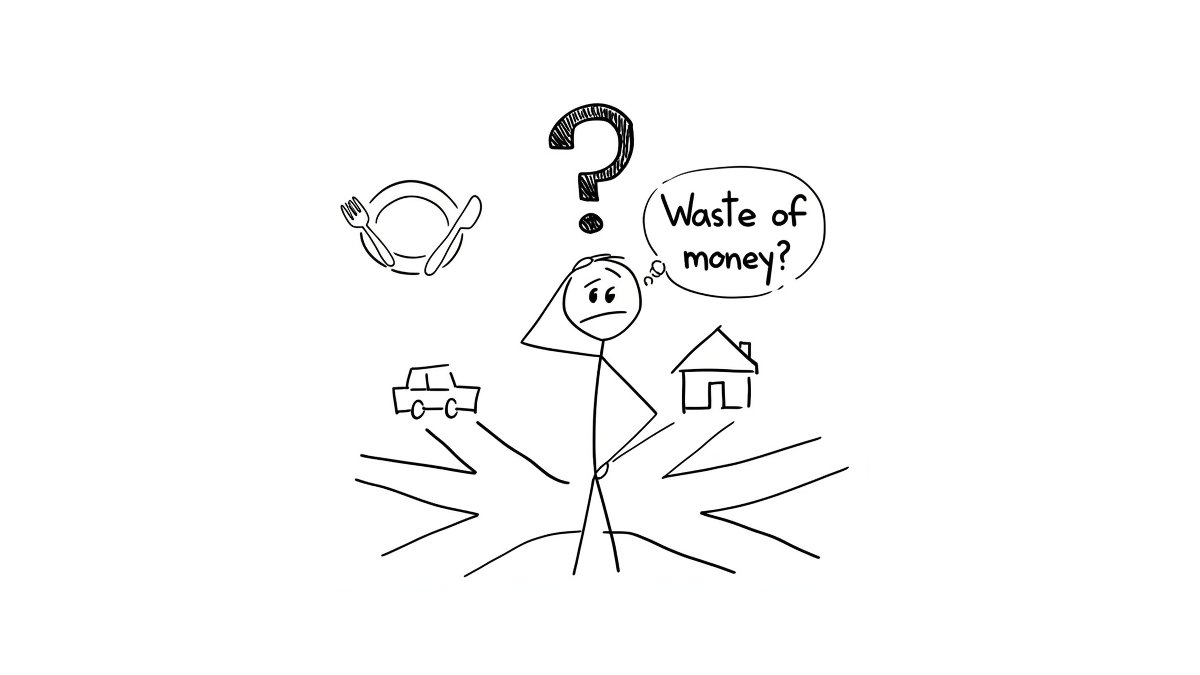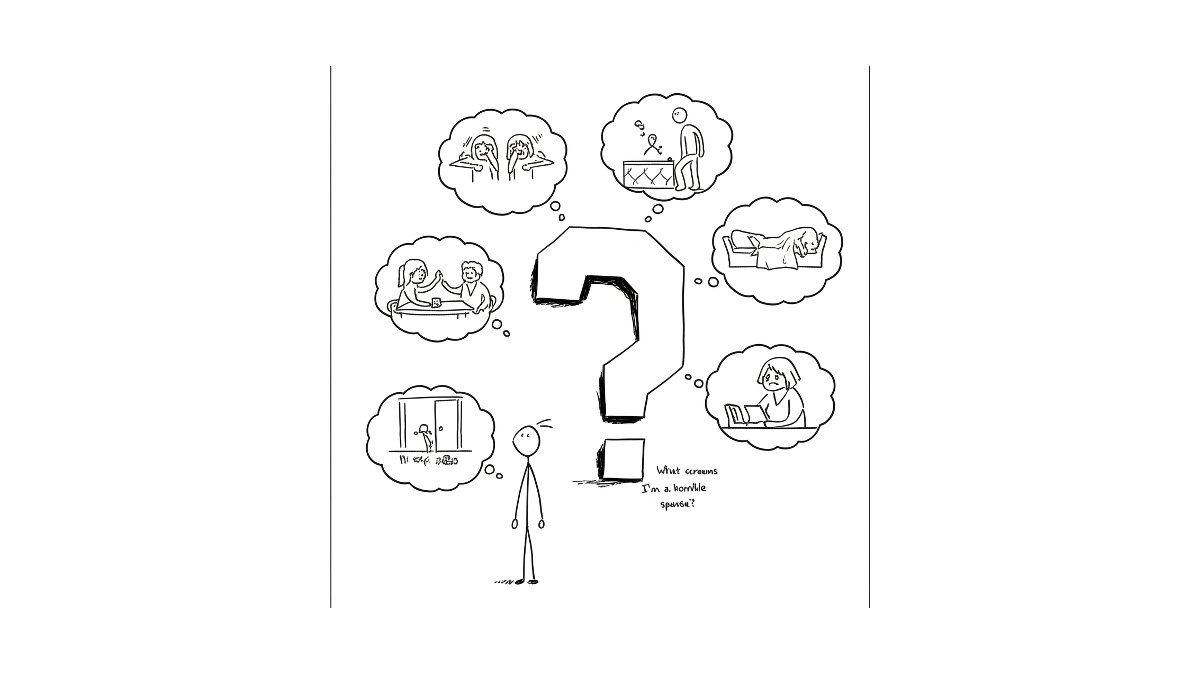Have you ever visited a country and felt a disconnect between its global reputation and its daily life? You see modern cities and vibrant party scenes in the media. However, the reality on the ground can be surprisingly traditional. Many popular destinations are far more conservative than their image suggests.
The Progressive Illusion
First, many countries project a modern, liberal image to the world. This perception is often built on tourism, technology, or specific cultural exports. For example, people often associate Thailand with lively parties and Japan with futuristic technology. These images create an expectation of a completely open society. However, this surface-level view frequently hides deep-seated traditional values.
“Yes there’s the fancy buildings, the party spots and the smiling people. But the Thai society is really conservative, especially when it comes to politics, family and religion”
Furthermore, this disconnect is not unique to one or two places. Many travelers are surprised to find that a country’s high-tech economy or wild nightlife does not translate to liberal social norms. The reality is often more complex and deeply rooted in history and tradition.
“If you look beyond their high end electronics and porn , they are very conservative to the point of being misogynist”
A Deeper Look at Tradition
Consequently, the complication arises when visitors or observers look past the stereotypes. They discover that many nations hold very conservative social and political views. For instance, South Korea is a global technology leader. Nevertheless, its political landscape is much more conservative than many Western countries. Its main liberal party is considered only centre-left at best.
“The left in Western standards is virtually non-existent in its politics… a support base largely socially conservative.”
In addition, some countries known for a relaxed lifestyle have strict social codes. Jamaica is famous for reggae music and a laid-back vibe. However, the country is also highly religious. This results in widespread conservative stances on issues like abortion and LGBTQ+ rights, which contradicts its carefree image.
“Look past the weed and insane party/dancing videos and you’ll see a largely Christian population where homophobia is rampant and the country is largely anti-abortion”
Seeing the Full Picture
Therefore, the solution is to develop a more nuanced understanding of different cultures. To truly know a country, you must look beyond its surface. This means separating a nation’s brand from its societal structure. Even famously progressive regions have conservative undercurrents and are subject to political shifts.
“People are increasingly voting conservative and populist parties… Amsterdam is not the most liberal place to be, and this might me more the case in the future.”
As a result, a more informed perspective comes from paying attention to the details of daily life. In France, a country that birthed radical politics, simple traditions and manners remain incredibly important. To be a better global citizen, try these steps:
- Research a country’s local politics and social norms.
- Understand that a nation can be modern in some ways and traditional in others.
- Engage with culture beyond the tourist zones to see the real picture.
“Toddlers will greet you, a stranger, with ‘bonjour monsieur’ or ‘bonjour madame,’ because that’s the way we do things.”
